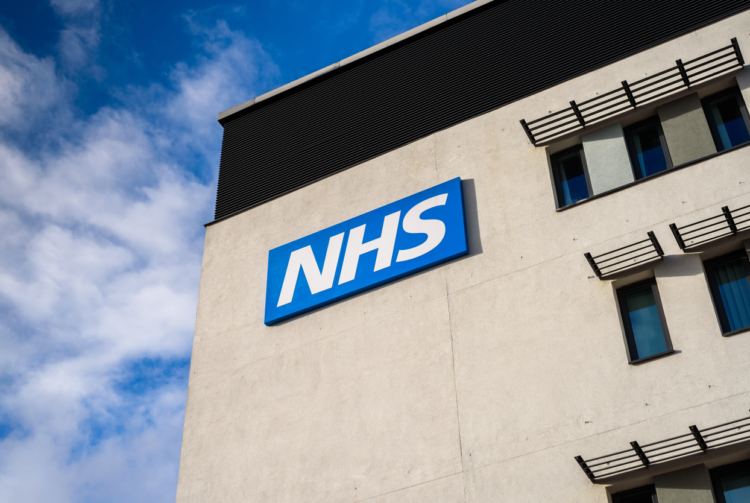Only 91.1 per cent of patients received their initial cancer treatment within one month of the treatment decision, falling short of the NHS’ operational target of 96 per cent, according to NHS England data.
The data show a concerning standstill in the length of time needed to obtain a diagnosis and care with 7.60 million people still waiting for a diagnosis or course of treatment, even though the backlog shrank by 6,266 cases in December.
This is a rise from the 4.41 million people in December 2019, before the pandemic, and the 7 million people a year earlier. These figures point to the possibility that the length of NHS waiting lists is concerningly high.
Broadstone head of health and protection Brett Hill says: “The King’s shock cancer diagnosis has refocused attention towards the importance of early detection and prompt treatment for serious medical conditions.
“With more and more people unable to access timely treatment and diagnosis for their health concerns, it is an unfortunate reality that opportunities are being missed to catch some serious conditions at an early stage, which ultimately will lead to longer, more complex treatment needs and poorer outcomes.
“This is leading to a surge in Private Medical Insurance take-up (and admissions) driven predominantly by employers rolling out private healthcare to more of their employees to better support the health of their workforce.
“Given the struggles the NHS currently faces, providing access to cancer screening, general health checks, and other preventative measures is a crucial first line of defense for businesses against rising sickness absence rates and the reduced productivity that results from poor health.”












